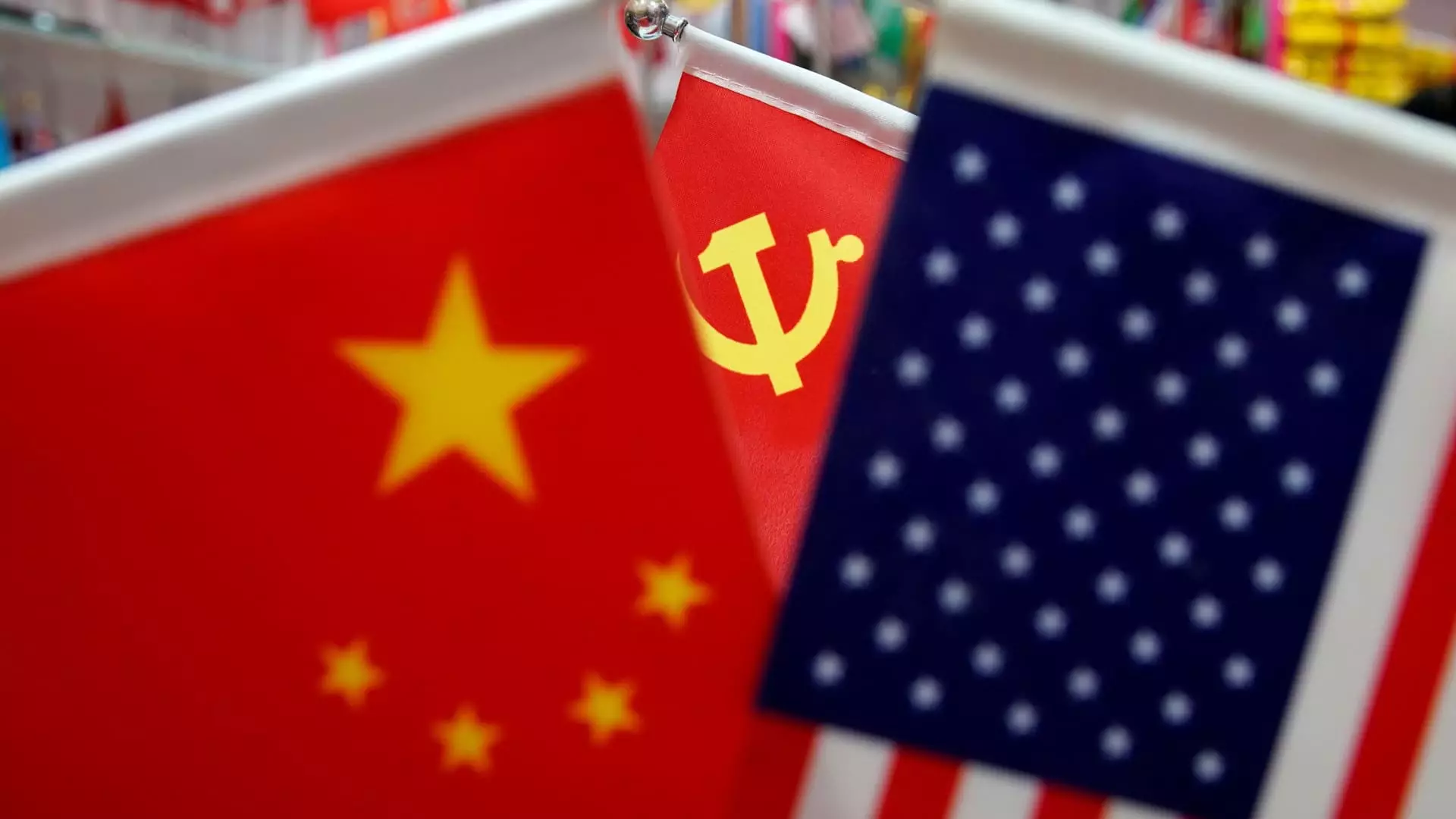As the political landscape shifts in the U.S. with the election of President-elect Donald Trump, China has made clear its intentions to foster greater cooperation between the two superpowers. In remarks delivered by He Yongqian, a spokesperson from China’s Ministry of Commerce, there was an emphasis on mutual respect and win-win cooperation as foundational principles for enhancing dialogue and resolving differences. This amicable overture underscores China’s strategic approach aimed at stabilizing bilateral relations, particularly in light of the ever-present tensions regarding trade.
The past few years have witnessed a deteriorating relationship marked by escalating tariffs and trade restrictions. With Trump’s arrival in office, the rhetoric became decidedly tougher. As concerns mount over the prospect of further tariffs on Chinese goods, the tone from Beijing reflects a mix of cautious optimism and calculated preparation. Economists suggest that Trump may be poised to impose additional tariffs in the early stages of his administration, similar to tactics observed during his first term. This looming uncertainty is a double-edged sword—while it presents challenges, it also provides an opportunity for negotiation.
Experts have diverged in their assessments of the potential economic repercussions stemming from proposed tariffs. Yue Su, a principal economist at the Economist Intelligence Unit, foresees a targeted approach from the Trump administration, possibly leveraging significant legislative powers to enforce trade measures. Contrastingly, David Chao of Invesco presents a more tempered outlook, arguing that the anticipated tariff increases might serve more as bargaining chips than actual long-term policies. He intimates that the administration may opt for concessions in more pressing areas, such as agricultural exports, rather than implementing harsh tariffs that could destabilize the global market.
The Broader Global Context
The complexities of U.S.-China relations extend beyond mere economics. The intertwined destinies of these nations shape not only their fortunes but also have substantial ramifications for global trade dynamics. A potential rise in tariffs could reverberate across continents, affecting countries relying on trade with both economic giants. Hence, the current wave of protective measures extends beyond bilateral ties, encompassing a wider spectrum of international economic relationships.
While the tone from Beijing is one of diplomacy and cooperation, the reality of a Trump presidency suggests that the road ahead may still be fraught with challenges. The willingness to engage in constructive discourse is commendable, yet the actual outcomes will largely depend on the U.S. administration’s approach to trade policy. As both nations navigate this pivotal juncture, their ability to adapt to shifting circumstances will determine the trajectory of their economic partnership. The potential for rising tensions and the impacts of upcoming policy decisions loom large, but the hope for a stable and mutually beneficial relationship remains a critical objective.

